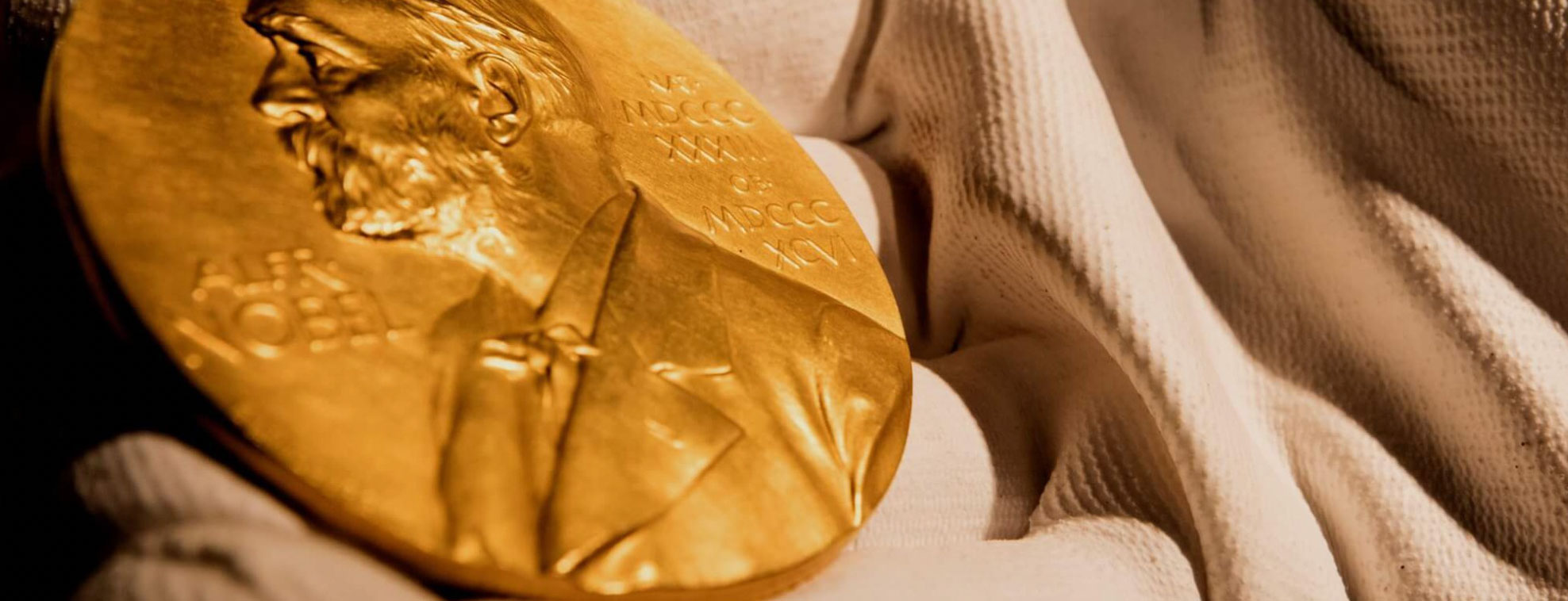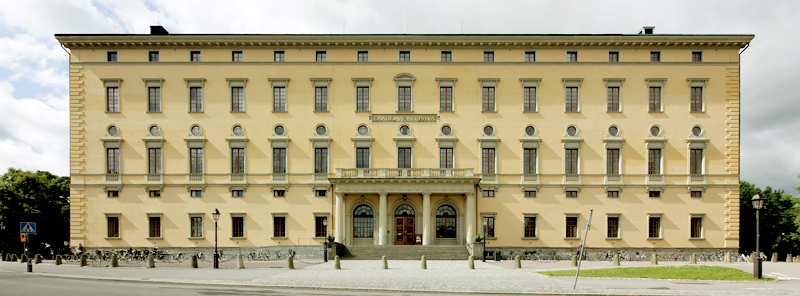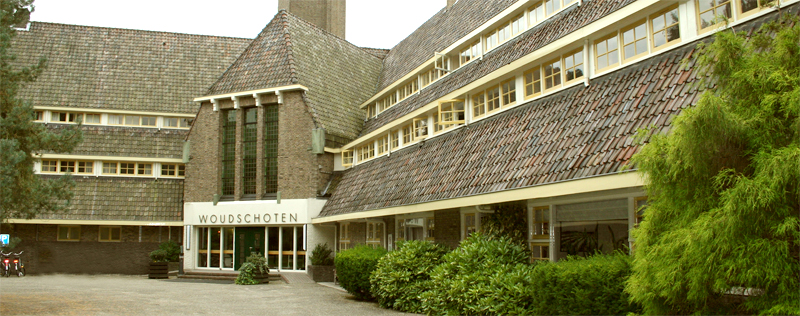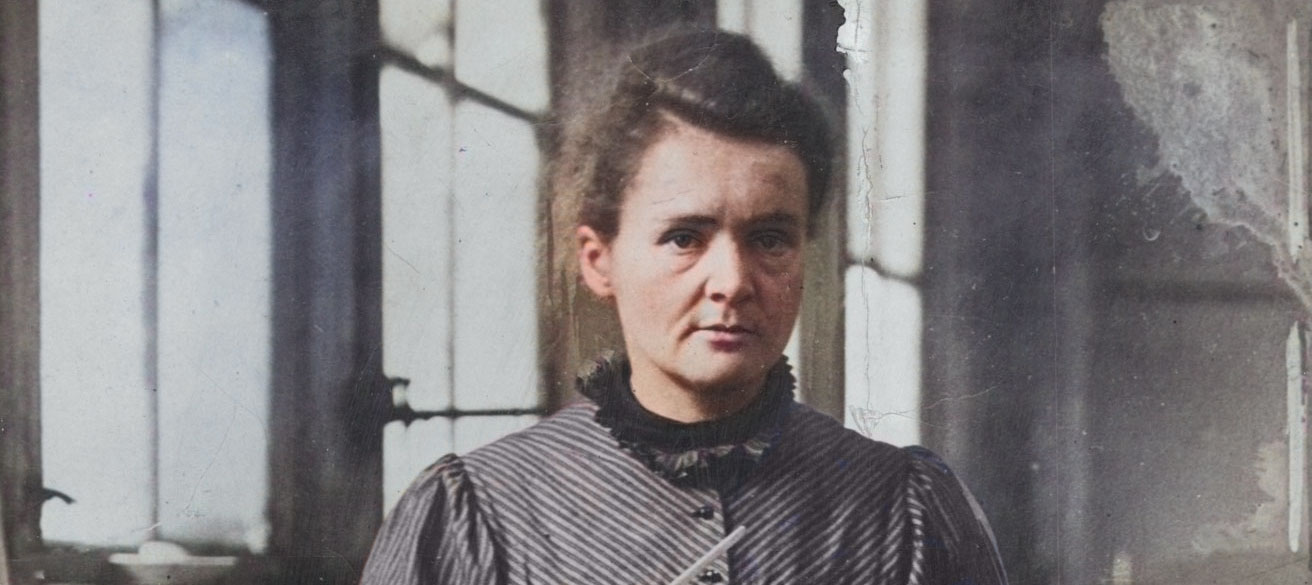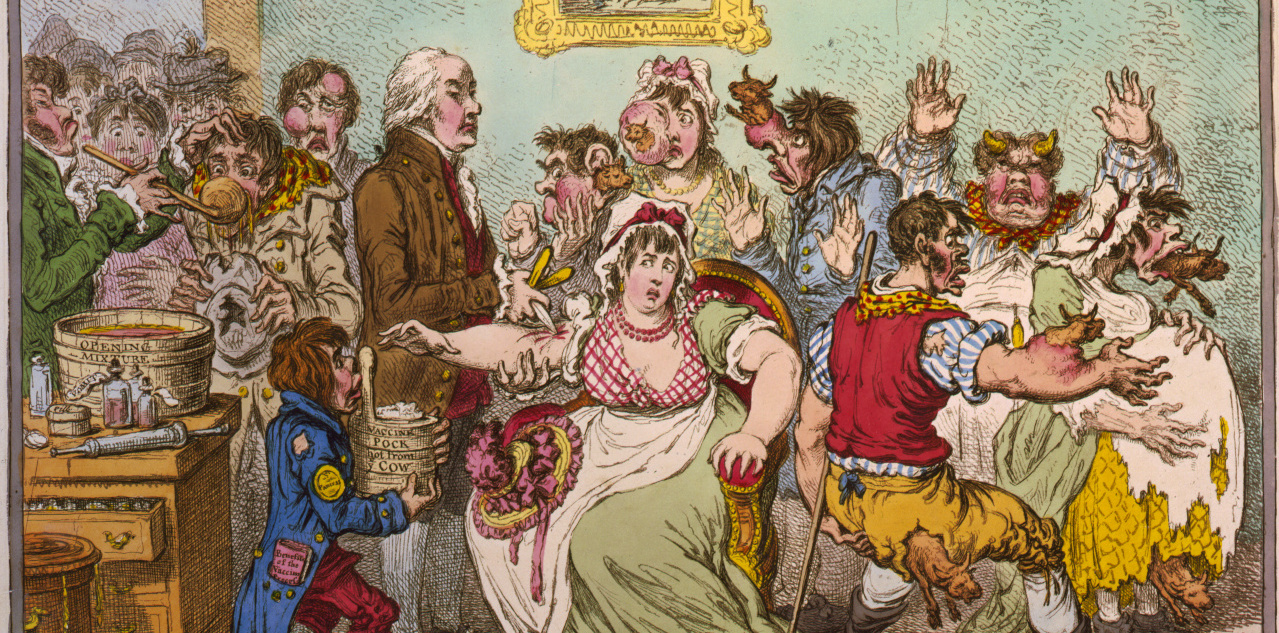[Call for Papers] “Small Science: Perspectives on Contemporary Small-Scale Research” (Barcelona, 2-3 February 2023; Deadline 15 October 2022)

The Institut d’Història de la Ciència iHC, Universitat Autònoma de Barcelona invites paper proposals for the international workshop Small Science: Perspectives on Contemporary Small-Scale Research. The event will take place in person on February 2-3, 2023 at the Institut d’Història de la Ciència, Universitat Autònoma de Barcelona. However, there will also be a virtual option for those choosing to attend remotely. Lees meer…
[Event] Conference “African Scientists in Colonial and Postcolonial Contexts, 1800-2000” (Royal Society of London, Carlton House, 21 October 2022)
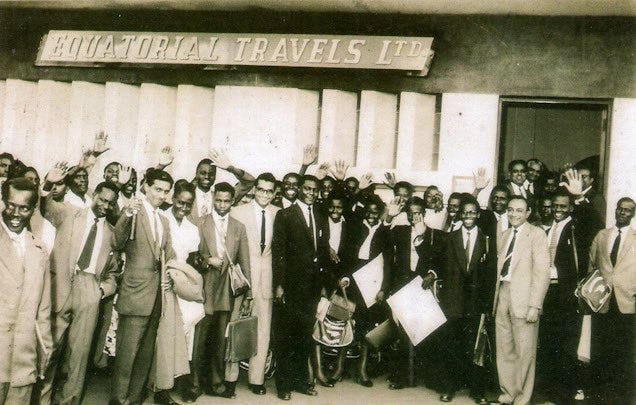
The story of the historical relationship between science and empire is often told in brushstrokes, with scientists who originated from outside Europe being relegated to supporting roles. In recent years this approach has been challenged both inside and outside the academy, with scholars and journalists alike calling for more studies that seek to understand the proactive roles played by individual scientists who originated from indigenous colonial communities. Lees meer…
[Event] Science & Religion: Exploring the Spectrum of Global Perspectives Symposium (Birmingham, 11 Oct 11 2022)

Since 2014, the multidisciplinary research project ‘Science and Religion: Exploring the Spectrum of Global Perspectives’ has endeavoured to build a better understanding of how professional scientists and members of the public view the relationship between evolution and religion, and by extension, the relationship between science, rationality and religion. With researchers based in eight countries worldwide – including the UK, USA, Canada, Spain, Germany, Argentina, Australia and Sri Lanka – the project has explored the historical, cultural, social and psychological factors at play in public space discussions of the relationship between evolution and personal faith. Lees meer…
Workshop: Visual and Material Culture of Microscopy in Seventeenth-Century Italy (Rome, 22-24 June 2022)
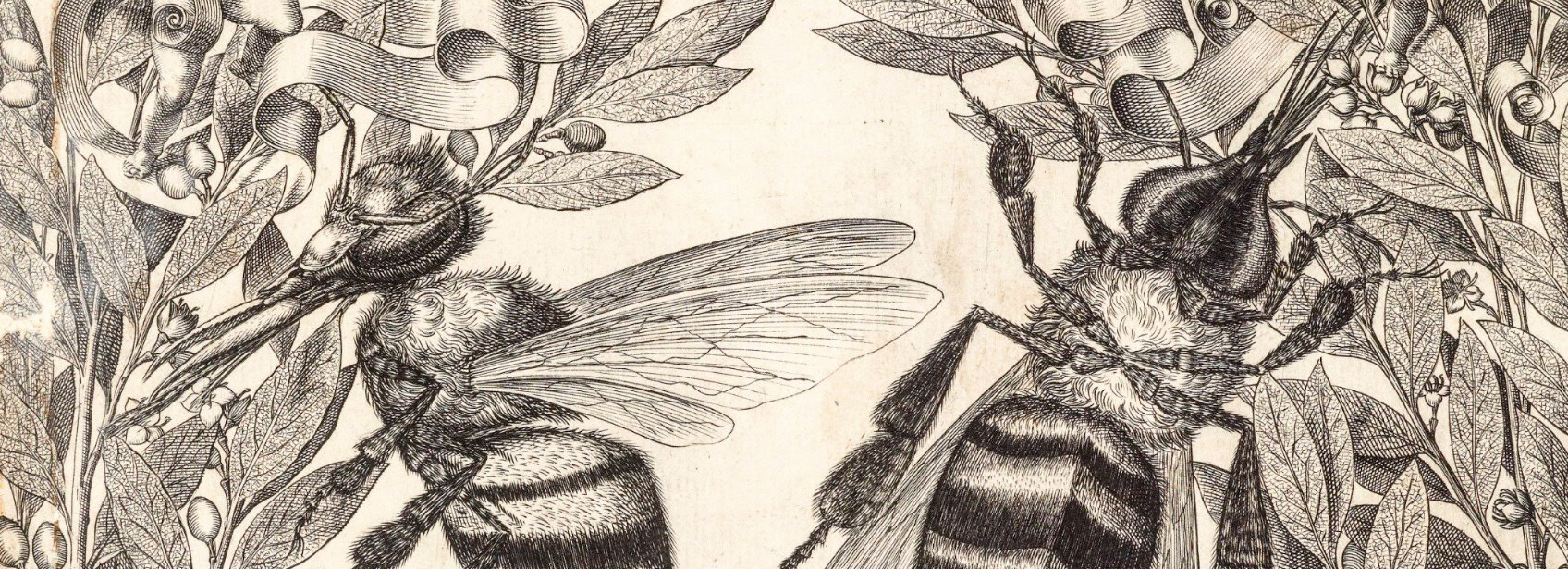
When researching the history of microscopy, Rome is a natural place to start. It is in Rome under the auspices of the Accademia dei Lincei that Federico Cesi published his microscopic observations of bees in his Melissographia (1625) and the Apiarium (1626). In honour of the recently elected Barberini Pope, Urban VIII, whose family’s coat of arms includes three bees, the bee became the first object of visual presentation of the research that was made possible through the new instrument that would soon be called “microscope.”
Read more on the workshop web page
De magische lantaarn en het spektakel van de wetenschap. Kurt Vanhoutte (Antwerpen) verzorgt de Huygens-Descarteslezing 2022 (Allard Pierson Museum, Amsterdam, vrijdag 3 juni 2022)
Wetenschappers en entertainers, leraren en priesters, politici en obscurantisten: in de tweede helft van de negentiende eeuw deden ze enthousiast een beroep op het revolutionaire medium van de toverlantaarn: om te informeren, te beleren en te vermaken. Ze brachten niet zelden een publiek op de been van meer dan duizend toeschouwers per keer. In zekere zin legde de moderniteit hiermee de grondslag voor de film, maar ook voor de diaprojector en zijn actuele digitale varianten. Lees meer…
[Call for Papers] Does Science need Heroes? (Nobel) Prize cultures in the Netherlands (Leiden, 29-30 September 2023; Deadline 15 July 2022)
The history of the Nobel Prize, the most prestigious and visible science award in the world, is since the very beginning in 1901 intertwined with Dutch science history. Counting more than twenty Dutch laureates to date, among others Einthoven, van ’t Hoff, and Tinbergen, the Netherlands rank among the top ten nations in the statistics of Nobelists per country.
Having said that, our understanding of how awards have been and are used as a symbol for excellence has remained poor. Using the Netherlands as a case study, this symposium aims at investigating how scientific prizes in general and the Nobel Prize, in particular, are enacted in different settings (museums, universities, cities) and for various purposes. Drawing on current discussions about ‘heroes’ in science (vs. teamwork), we wish to explore the meanings and motives of scientific accolades in the Netherlands and beyond.
Read more on the conference website
[Job] Postdoc, “Early Citizen Science: How the Public Used Linnaean Instructions to Collect the World” (Deadline: 2 May 2022)
The Department of History of Science and Ideas at Uppsala University invites applications for 1 postdoctoral position linked to the research project Early Citizen Science: How the public used Linnaean instructions to collect the World c. 1750-1850, funded by Knut & Alice Wallenberg Foundation. The project runs between 2021 -2026 and includes postdoctoral researchers and guest researchers. We are searching for applicants with a Ph.D. degree and research interests of relevance for the study of history of science and colonial collecting. The employment is tied to the project and the successful candidate will plan and execute his/ her research in collaboration with the principal investigator, Dr Linda Andersson Burnett. Lees meer…
Reminder: Last days for Woudschoten abstract submission!
Tomorrow, Friday March 18th, will be the last day on which potential presenters may submit abstracts for papers or sessions at the upcoming Gewina Woudschoten Conference.
Read more on the conference web page.
Call for Expressions of Interest – EU Marie Skłodowska-Curie Postdoctoral Fellowship (Barcelona; Deadline: 8 April 2022)
The Institut d’Història de la Ciència (iHC) of the Universitat Autònoma de Barcelona (UAB) invites top-class researchers to apply for the EU-funded Marie Skłodowska Curie Action Postdoctoral Fellowship (call HORIZON-MSCA-2022-PF). The successful applicant will collaborate closely with the research project CLIMASAT. Remote-Sensing Satellite Data and the Making of Global Climate in Europe, 1980s-2000s (ga 101042252), which is funded by the European Research Council and led by Dr. Gemma Cirac-Claveras.
Call for Papers: 9th Gewina Woudschoten Conference, “Contested Expertise: Trust in Science and Technology” (Zeist, 17–18 June 2022; Deadline for proposals: 18 March 2022)
Note: the deadline for the Woudschoten conference has been postponed until March 18th.
On 17-18 June 2022 Gewina, the Belgian-Dutch Society for the History of Science and Universities, will hold its 9th biannual meeting in the Woudschoten Hotel & Conference Centre (Zeist). This two-day conference brings together historians of science, humanities, medicine, universities, and technology; and all those from other fields with an interest in the history of knowledge. The theme of this year’s conference is Contested Expertise: Trust in Science and Technology.


